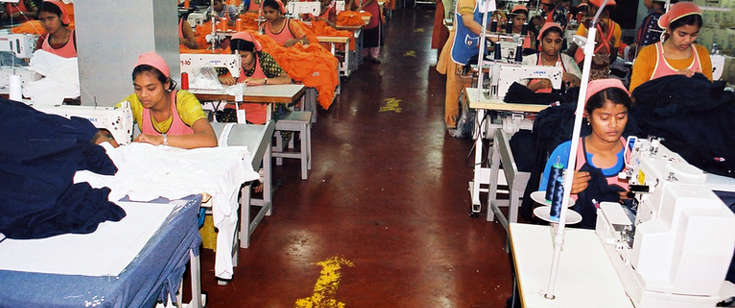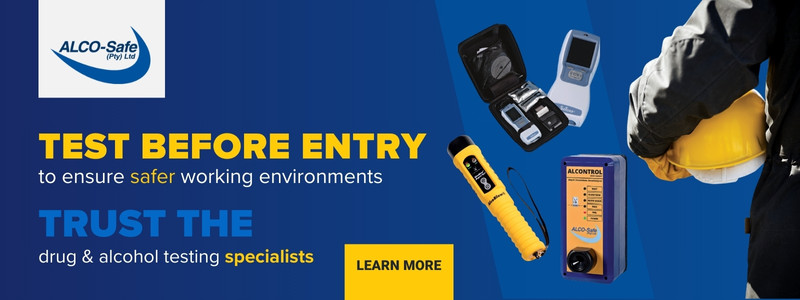Burnt Alive
Why are workers still being killed in factory fires in Bangladesh?

It is hard to believe that employers and factory owners in Bangladesh still lock fire doors and prevent workers from escaping in the event of a fire.
Eight years ago in 2013, I wrote a damming article about the criminal activities of Bangladesh employers, and the government.
Why is it that eight years later I am asking “How long will it be until factories in Bangladesh manufacturing goods for Canada, the U.S. and European-headquartered companies are safe for workers? Why am I writing about another 52 workers who died in another factory fire in Bangladesh on July 8th, 2021? How can it be in this day and age factory owners are still locking doors preventing workers from escaping fire?
At the Hashem Food and Beverage factory in Rupganj, an industrial town 15 miles east of Dhaka, 52 workers, including children as young as 11, died in a massive fire that began on July 8 and raged on for more than a day, according to a report from Al Jazeera.
The news outlet reported that Jayedul Alam, police chief for Narayanganj district where the factory is located, said the entrance had been padlocked at the time of the blaze and the factory breached multiple fire and safety regulations. A fire services spokesman also said the exit door to the main staircase had been padlocked. Highly flammable chemicals and plastics had also been stored in the building.
If this sounds all too familiar, Bangladesh, which employs tens of thousands of low-paid workers making garments for large international companies has a long and tragic history of industrial disasters.
Continuing corruption and a lack of enforcement have resulted in hundreds of deaths over the years. It is widely believed that the only way to prevent these criminal acts is to boycott clothing produced in Bangladesh.
After the horrific collapse of the Rana Plaza garment factory during 2013 that killed more than 1,100 people, the country imposed tougher safety rules. An agreement between Bangladeshi unions and international brands was signed – The Accord on Fire and Building Safety in Bangladesh. It was a five-year agreement signed in May 2013 and extended until 2018. The next expiry date is August 31, 2021.
According to Remake, the initial inspection of Bangladesh’s factories in 2013 found “more than 87,000 safety issues, including more than 50 factories that were at immediate risk of collapsing”. Since then, as a result of 38,000 initial and follow-up inspections, more than 90% of the original hazards which were identified have been eliminated.
While this is an important step, there are still issues. If there weren’t issues, we wouldn’t see headlines like these with regularity “the country’s garment industry has since become largely compliant under domestic and global watchdogs. But many other local industries fail to maintain safety compliance and the disasters have continued”.
In 2019, 67 people were killed when a complex housing warehouses, shops and apartments caught fire.
Responding to this latest tragedy the International Labor Association gave this statement:
“This incident illustrates the urgent need in Bangladesh for authorities and building owners to ensure that buildings in which thousands of workers spend the better part of their day are built and operated in compliance with national code requirements. If the fire safety measures required by the regulations were properly implemented, it would provide for the safe evacuation of occupants in this type of emergency”.
This cannot and should not ever happen again. Tighter regulations must ensure worker’s safety and we should never have to write another story like this.
When the people take back the power and hold public officials accountable, then and only then, will conditions change. In 1991, after the Imperial Chicken processing plant caught fire in Hamlet, North Carolina in which 25 people were killed, the owner did just under 4 years in prison because he had ordered the doors padlocked from the outside. It was not nearly enough, but it was the first time in North Carolina that someone did real prison time for safety violations.
This was a time of reckoning for NCs safety programmes. Laws were passed, people were held accountable. The feds threatened to take over North Carolina Labor unless certain minimum standards were implemented and John C. Brooks, Labor Commissioner at the time, lost the next election. Since 2004, North Carolina has been ranked in the top 5 safest states to work.

By Dr Bill Pomfret
- Published in Uncategorized














